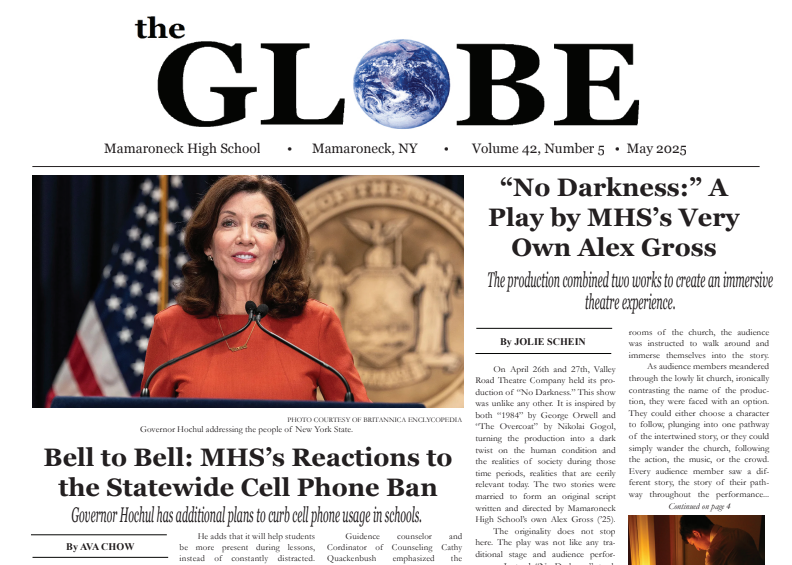Should Colleges Permanently Go Test-Optional?
June 23, 2021
The COVID-19 pandemic resulted in many changes to the college admissions process for the 2020-2021 cycle. Because the pandemic interfered with many students’ ability to take the SAT or ACT in time to present their scores on their college applications, one such change was the increased prevalence of colleges dropping the requirement of these standardized test scores to be considered for admission. However, now that the pandemic is winding down and the next application cycle rapidly approaches, Globe staff members are torn over whether this move to test-optional or test-blind admissions should remain.
Some staff members worry over the ramifications on schools’ acceptance rates as a result of releasing students from the obligation to present SAT or ACT scores. Dropping this requirement for the 2020-2021 admissions cycle resulted in astronomical increases in the number of students applying to more competitive schools. However, colleges generally don’t adapt their admitted class sizes year to year. So although more students applied, the number of students accepted remained unchanged, meaning that acceptance rates became fractions of what they typically were. Harvard’s The Crimson reported that “the number of [early] applicants [to Harvard] increased by 57%, while the college admitted 148 fewer students.” This trend would likely continue if schools were to keep this change to the admissions process, exacerbating the already-monumental challenge of trying to gain acceptance into “elite” institutions.
Test proponents on staff also assert that these tests are an effective way to compare students to each other “apples-to-apples.” Every student taking the SAT is being scored on a scale out of 1600; every student taking the ACT is being scored on a scale out of 36. While GPAs can be relative by school, the exams are, of course, standardized. In a reality where high schools’ resources vary dramatically on a school-by-school basis and lower-income students might have decreased access to “impressive” extracurriculars to bejewel their applications, doesn’t this universal benchmark level the playing field of the often-brutal college admissions process?
Many Globe staff members don’t believe so. In fact, they argue that the requirement of submitting standardized test scores for college applications tilts the process in favor of students from more affluent backgrounds. Certain staff members believe that these tests measure overall academic aptitude less and students’ development of strategies to meet these exams’ specific demands more. As a result, access to tutors and preparation materials specifically oriented towards these tests is imperative to success, yet these resources often prove prohibitively expensive. The financial investment into preparation for the SAT or ACT can be thousands upon thousands of dollars. Students whose families can make this investment, of course, have an increased chance of performing well. Some students struggle to afford to take one of the exams at all, let alone thoroughly prepare and sit for multiple retakes. On-staff opponents of these exams not only believe that there is a correlation between greater wealth and higher scores, they declare that these tests are not a measure of academic ability but exclusively a measure of affluence.
There is no question that the COVID-19 pandemic substantially altered the college admissions process. The question that persists, however, is how many of the alterations will remain for admissions cycles to come. One thing is clear: colleges deciding whether to remain test-optional have many considerations to take into account.






